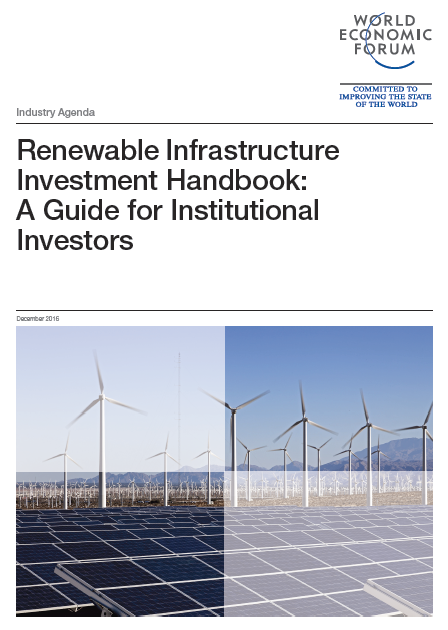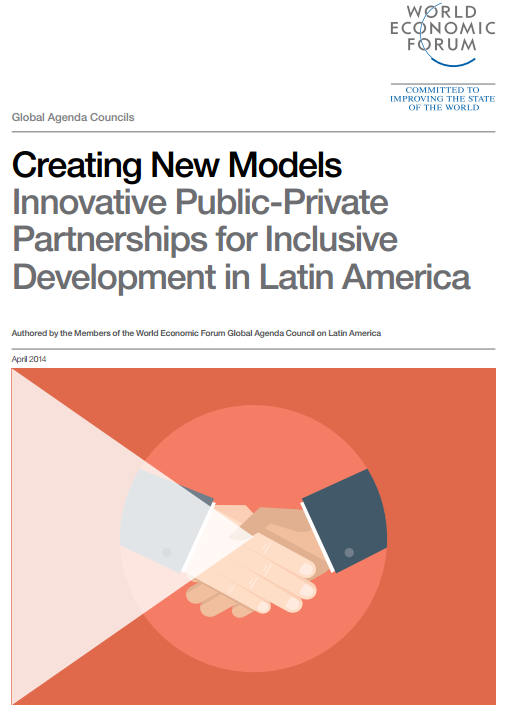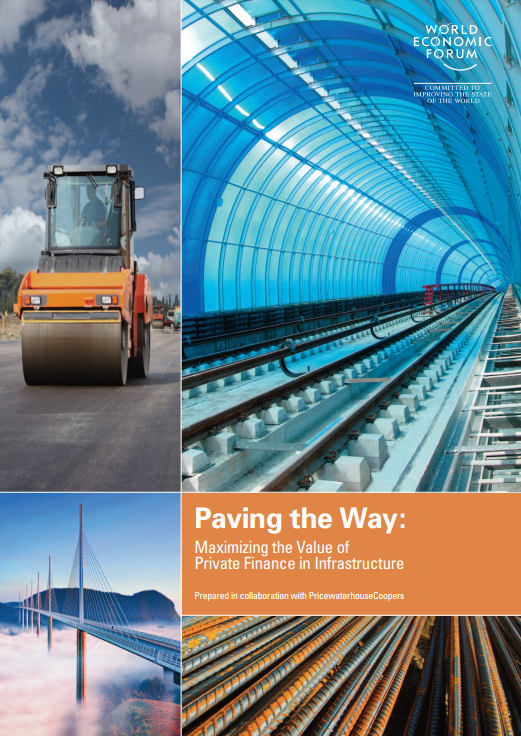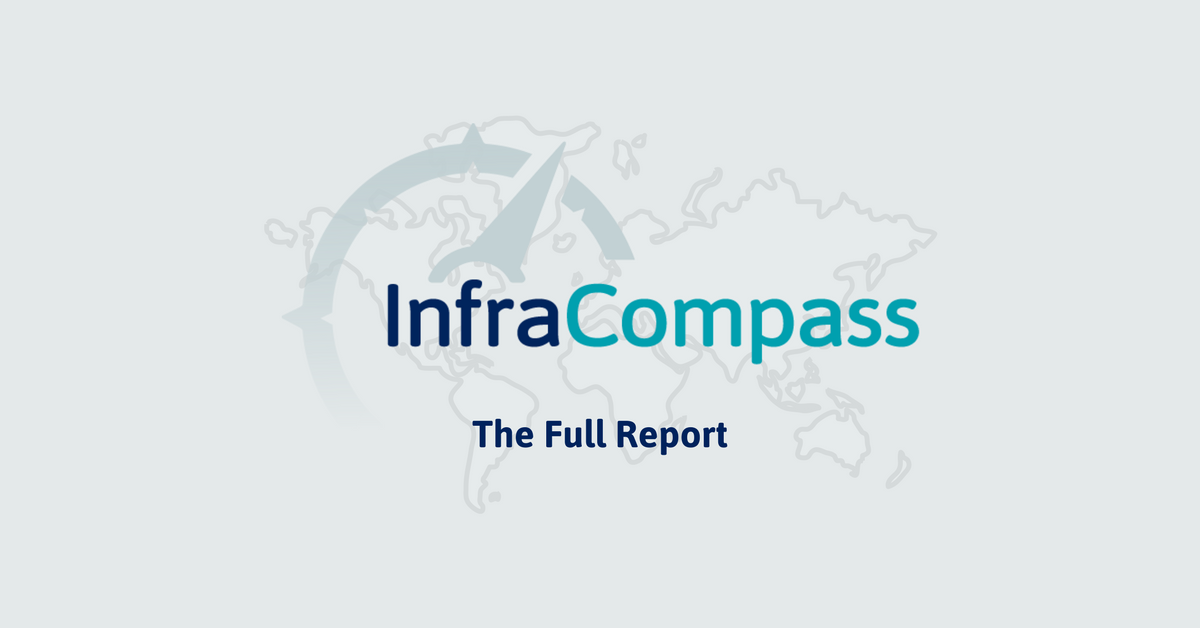923 results found
Featured results



More results

This document is a summary and analysis of a benchmark index and learning tool that assesses the capacity of countries in the Asia-Pacific region to deliver sustainable public-private partnerships.



This document is the first edition of an informational tool and benchmarking index that assesses the capacity of countries in Africa to carry out sustainable public private partnerships (PPPs) in infrastructure.



This document is the fifth edition of an informational tool and benchmarking index that assesses the capacity of countries in Latin America and the Caribbean to carry out sustainable public-private partnerships (PPPs) in infrastructure.






Infrastructure 100, a global panel of independent industry experts identified 100 of the world s most inspirational and innovative infrastructure projects.



The Nabarro Infrastructure Index is a composite index, based on empirical and verifiable sources, which have been aggregated and weighted for application to listed countries to provide a unique tool to assist in the decision-making process.



OECD Investment Policy Reviews present an overview of investment trends and policies in the countries reviewed, using the OECD Policy Framework for Investment to assess the climate for domestic and foreign investment at sub-national, national or regional levels. They then propose actions for improving the framework conditions for investment and discuss challenges and opportunities for further reforms.



As part of its Public Procurement Toolbox, the OECD developed indicators to measure the performance of public procurement systems.



This handbook provides institutional investors with an overview of opportunities and risks of investing in renewable energy infrastructure.



This ECN report focuses on the role played by the multilateral and bilateral institutions to fund and support Africa-based infrastructure projects.



The Global Agenda Council on Latin America have illustrated, through a series of brief case studies, the creativity and commitment displayed throughout the region in the design and execution of innovative public-private partnerships.



The UNECE International PPP Centre of Excellence has as its core vision the implementation of PPP solutions to promote the United Nations Sustainable Development Goals (SDGs).






This paper "Pooling of Institutional Investors Capital - Selected Case Studies in unlisted equity infrastructure" aims to provide clarity on some of the issues associated with the evolving field of infrastructure investment and more.


UN ESCAP supports governments in Asia-Pacific in implementing measures to efficiently involve the private sector in infrastructure development.

A G20 report prepared by the Global Infrastructure Hub reviewing the extent to which Multilateral Development Banks (MDBs) create incentives within their organisations to crowd-in private finance to fund public infrastructure.



The purpose of the present publication, “Towards better infrastructure products: a survey of investor’s perceptions and expectations of infrastructure investment”, is to conduct the first in-depth study of the perceived role by infrastructure assets for investors.



InfraCompass is a tool for infrastructure policymakers. It objectively quantifies the strength of the infrastructure enabling environment by aggregating data for 81 countries, collectively representing 93% of global GDP and 86% of the world population.



The Joint Report on Multilateral Development Banks Climate Finance is an annual report that makes public the MDB climate finance figures, with explanation of the methodologies for tracking this finance.



WHO and UNICEF established the Joint Monitoring Programme for Water Supply, Sanitation and Hygiene in 1990, and published regular global updates throughout the Millennium Development Goal period.





 Visit tool
Visit tool

